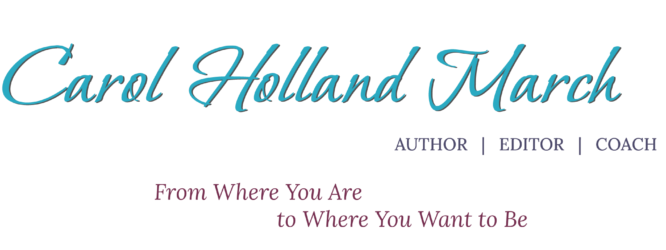 Do you ever wonder why you feel like you do?
Do you ever wonder why you feel like you do?
If you’re happy and satisfied with your life, the question may not come up.
But what about when you feel:
- anxious
- depressed
- sluggish
- out of sorts
- stuck?
Or maybe you can’t pinpoint why you can’t get going on that creative project, stick to your exercise or diet plan, or start looking for a better job.
It could be that you’re ignoring the messages from your own body.
If you’re a creative type, things can get more complicated. Creative people often live in their heads. Exciting ideas drop in and swirl around, but they have a hard time devoting the time and energy to produce their art, writing, or music. They wander in circles, not sure how to begin, or where to find resources. They think about the future (Who would buy my book?) and don’t finish writing it.
We have ready excuses for not moving on. “I’m stressed! I don’t have time. I’ll feel better after the holidays when the weather’s warmer, when my mother-in-law goes home.”
All these may be true, but they don’t answer the question, Why do you feel the way you do?
The eastern metaphysical traditions don’t perceive the mind and body as separate systems. Healing modalities like yoga, acupuncture, t’ai chi and meditation assume that mind affects body and body affects mind. A two-way street.

Many of us have adopted this belief because we got positive results when we tried them. But the medical establishment did not give up its insistence on the separation of mind and body until Candace Pert, a molecular biologist, discovered how peptides, a protein found in every cell of the body, carry information from and to all our organs including the brain.
Her research showed that the body works more like an information processing system than a clockwork. The peptides which carry glucose to our organs, are biochemicals which Pert called the molecules of emotion. They form a network of communication, the means by which thoughts affect the chemistry of the body. As the chemistry changes, so do our feelings.
It turns out that the mystics were right. The mind of the body is in every organ and every cell. The seat of emotion is not in the brain or the heart. It is in our cells, each and every one.
Like information, emotions travel physically between body and mind as the peptides and their receptors. In the subjective realm, we experience changes in feelings and emotions.
Pert agrees with Carl Jung’s intuition that the physical body itself is the unconscious mind. Which is why we often don’t know why we feel as we do. When we repress or discard uncomfortable feelings, we literally push them into our bodies. Held long enough, they eventually produce stress and illness.
If we want to feel better, we can start by acknowledging and releasing our emotions from the bondage of the body. Energy therapies, yoga, acupuncture, any healing modality that involves therapeutic touch, and learning to clear the mind through meditation or prayer establish new pathways so our bodies can let our minds know what they need.
Expressing emotions in a safe environment results in more glucose being available to all the organs. The peptides spread the word, and emotional blocks that have formed into physical blocks begin to dissolve.
Another way to open the lines of communication with your body is very simple. Journaling about what’s going on in your life and how you feel about it is a powerful tool. It can help you get unstuck, boost your immune system, and improve your ability to make decisions and act.
All you need is a notebook and a pen!


